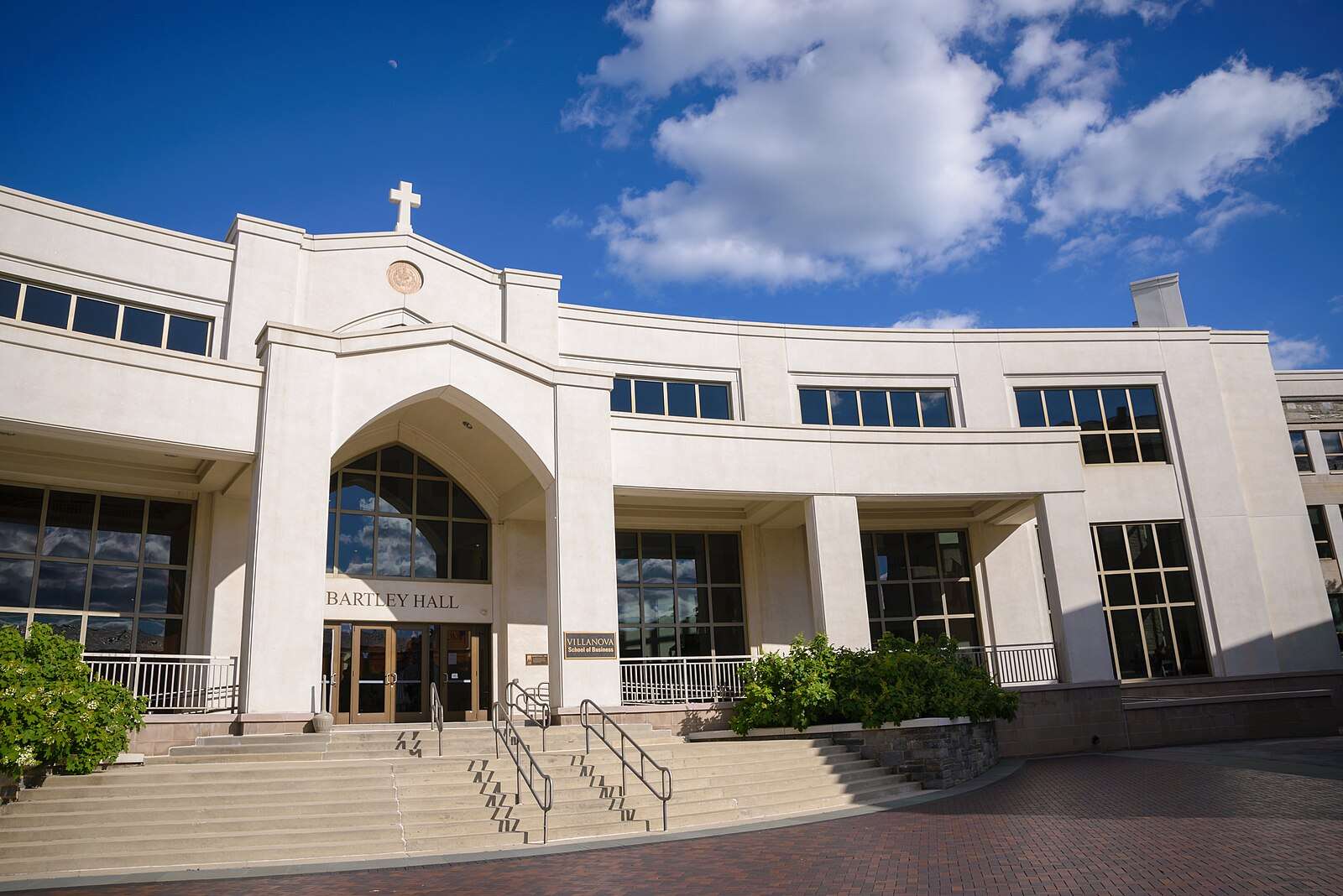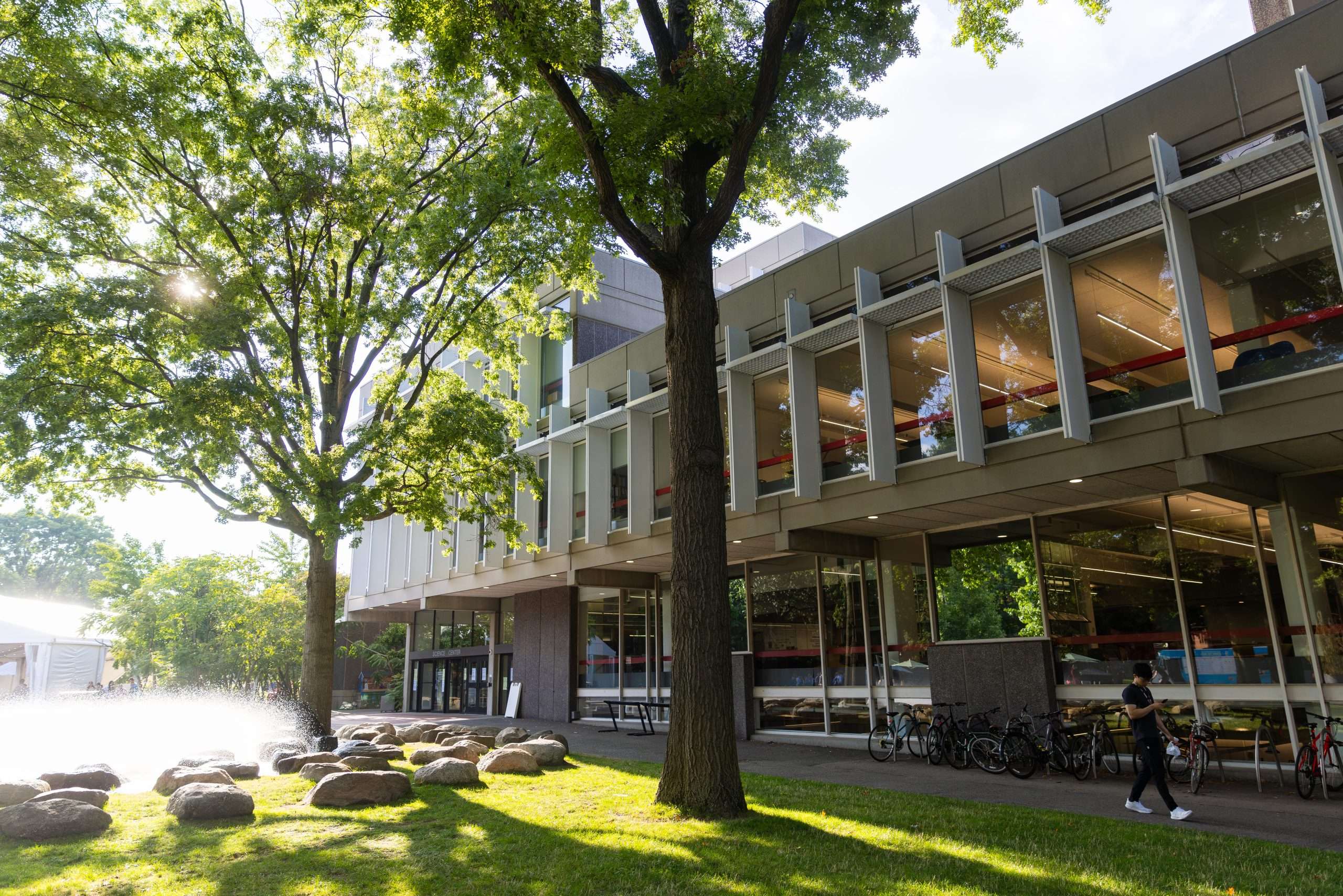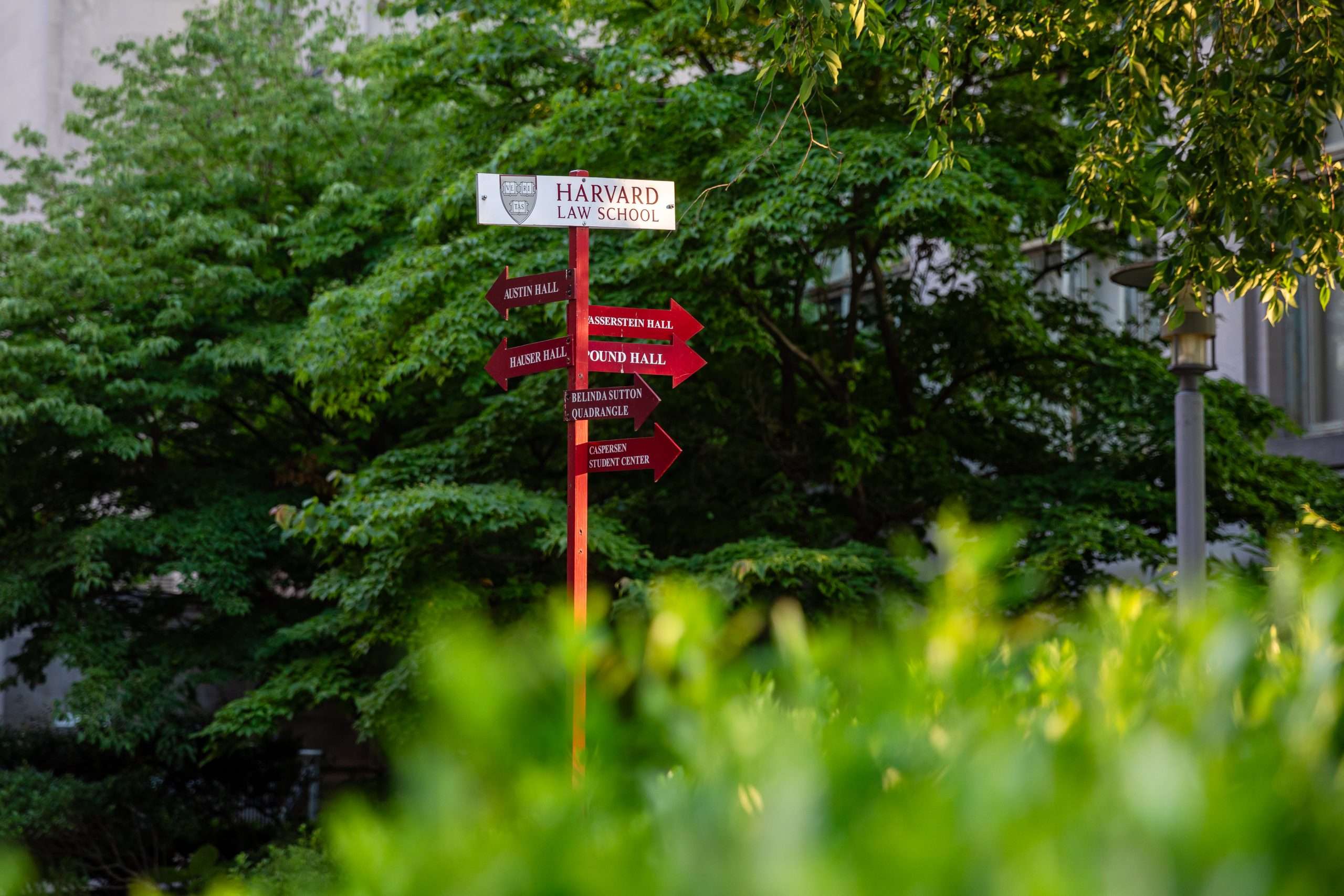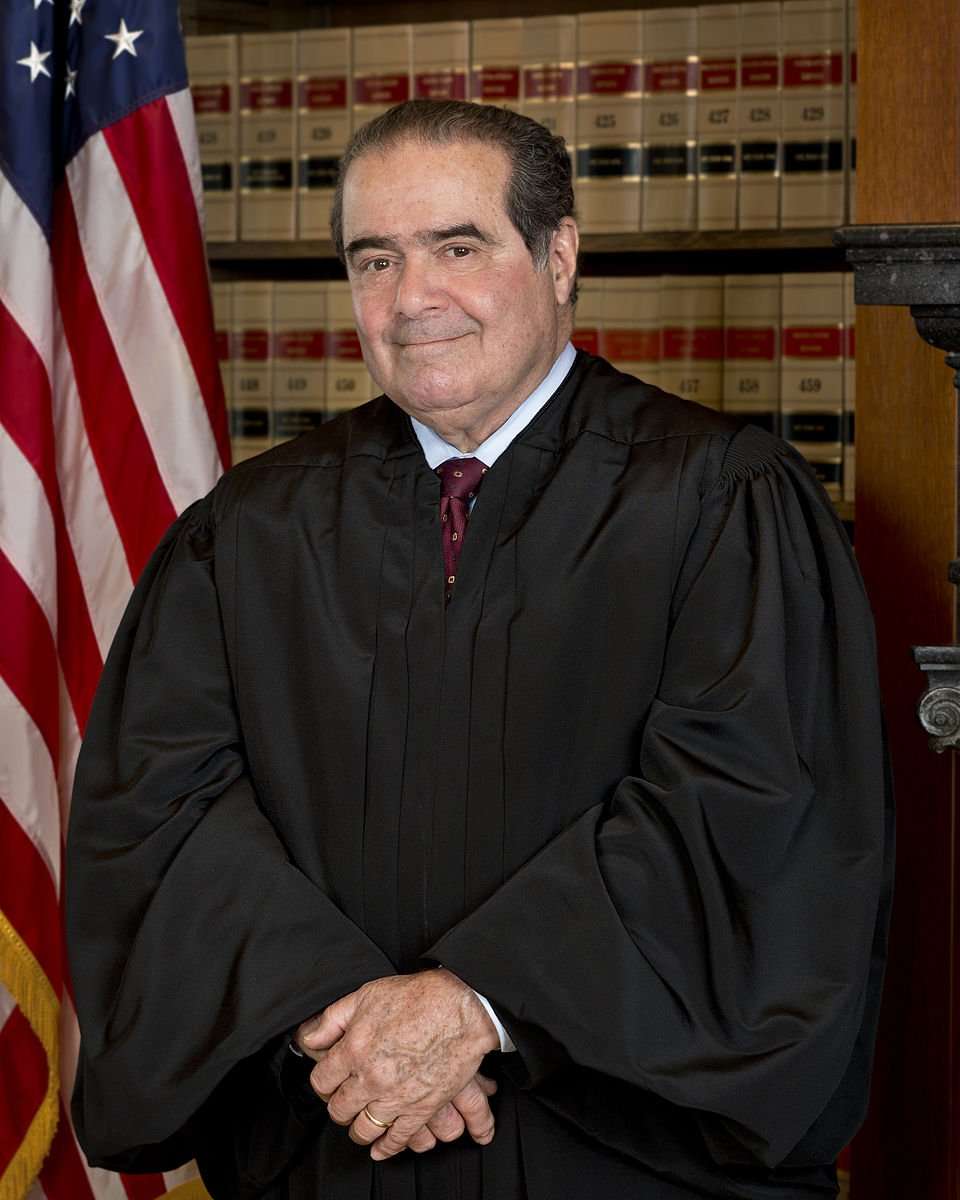The Ivy Coach Daily
Law School Admission Requirements
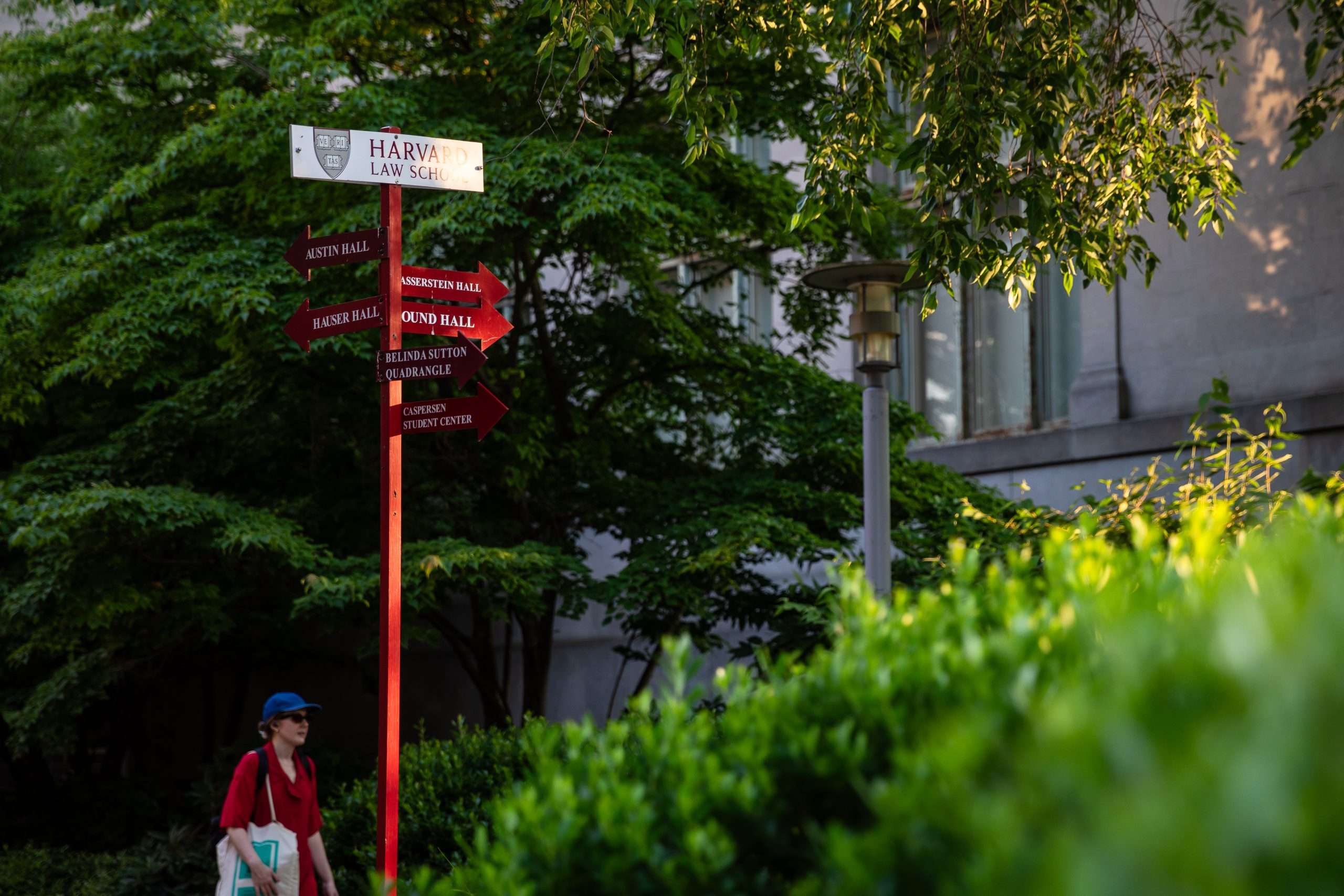
So you’re interested in applying to a top law school. You have the strong academic track record necessary, your extracurricular experiences have primed you to forge your path in the legal tradition, and you know a handful of trusted faculty and mentors to call upon for letters of recommendation. You might be wondering if now is the time to start working on your many law school admissions essays or to sit for an LSAT examination. It’s important to note that the landscape of law school admissions is evolving, with many highly selective law schools beginning to phase out LSAT testing requirements in favor of test-optional policies or policies that accept an alternative test such as the GRE (for more on the top schools no longer requiring the LSAT, read Ivy Coach’s blog on the changing LSAT landscape.)
But that’s not all. Let’s not forget that most highly selective law schools tout their “holistic” admissions process, which means that no one factor takes precedence over another. Instead, each application component blends into a three-dimensional picture of each applicant, one that law school admissions officers consider in the context of building out a diverse cohort of students.
Each law school has its own culture, history, and traditions reflected in the specific criteria used to evaluate applicants holistically. Let’s take a look at how the top law schools put this into words:
Holistic Criteria Used in Law School Admissions
| Top Law School | US News Ranking | Holistic Criteria |
| Stanford University | #1 (tie) | “SLS is a community characterized by excellence. Measured in GPA and LSAT percentiles, admitted students are high performers, and they grow into graduates of exceptional impact. We also value diversity in many forms: cultures, backgrounds, ambitions, perspectives. The combination makes for a collegial culture in which students and faculty inspire, challenge and learn from each other while they contribute to the future of law.” |
| Yale University | #1 (tie) | “There is no cut-off for grade point averages or test scores and no single part of an application is determinative. We seek students with a record of academic excellence, professional distinction, and exceptional accomplishments who are eager to immerse themselves in our community.” |
| University of Chicago | #3 | “In every admissions cycle, our Admissions Committee assesses a wide variety of factors using our holistic review process. As part of this process, our Committee has always considered applicants in the context of their individual situations.” |
| Duke University | #4 (tie) | “Duke Law School seeks to identify applicants who demonstrate leadership and engagement. Most successful candidates show sustained and meaningful commitment to one or more fields of interest to them. Although many applicants have had some exposure to the legal profession, this is not in itself a requirement.” |
| Harvard University | #4 (tie) | “Our assessment includes many factors such as work experience and demonstrated leadership, and also intangible qualities such as energy, ambition, sound judgment, ability to overcome adversity, high ideals, and concern for the welfare of others. Our admissions committee seeks not only to identify and recognize characteristics that are important to academic success in law school, but also qualities that will contribute diversity of perspective and experience, general excellence, and vitality to the student body.” |
| University of Pennsylvania (Carey) | #4 (tie) | “Penn Carey Law seeks to enroll individuals who have demonstrated outstanding academic success, who are intellectually curious, and who possess superior writing, oral communication, and analytical skills. Importantly, we also seek individuals who will positively contribute to the Penn Carey Law community, and ultimately, to the legal profession, based on their diverse personal and professional experiences and any challenges or obstacles that they may have overcome.” |
| University of Virginia | #4 (tie) | “We consider intellectual aptitude and academic achievement, as well as individual life experiences, obstacles overcome, contributions through service and leadership, a unique worldview, demonstrations of strength of character, the nature and quality of any work experience, military service, and an applicant’s potential to contribute to and succeed at UVA Law.” |
| Columbia University | #8 | “We look beyond the quantitative criteria of test scores and grade point averages and focus on the unique contributions each applicant can make to our community. And because diversity of all kinds deeply enriches the Columbia student body, our admissions process is designed to be inclusive, seeking applicants with varied backgrounds and life experiences, which are integral to the social and intellectual life of our community.” |
| New York University | #9 (tie) | “Factors other than undergraduate grades and standardized test scores may be particularly significant for applicants who have experienced educational or socio-economic disadvantage. The Committee evaluates work experience and extracurricular and community activity for evidence of advancement, leadership, and capacity for assuming responsibility” |
| Northwestern University (Pritzker) | #9 (tie) | “When making decisions, we consider a broad set of factors, including but not limited to academic accomplishments and potential; work experience and career progression; clarity of goals and anticipated future career success; depth and breadth of extracurricular and/or community activities; demonstrated leadership; interpersonal and communication skills; maturity; motivation for law school, for Northwestern, and for a legal career; concern for others; unique experiences and perspectives that will enrich our learning community; exceptional achievements, including honors and awards as well as obstacles overcome, in the context of one’s background and personal circumstances; and any other factors (except those deemed inadmissible by applicable law) that may aid in the determination of academic and professional potential.” |
| University of Michigan–Ann Arbor | #9 (tie) | “At Michigan, we seek candidates with a sense of humor. We like serious people who don’t take themselves too seriously. We like competitiveness that doesn’t have to come at others’ expense. We want smart people, but we also want our students to be kind. We want to train lawyers who know how to work (and play) well with others.” |
| University of California, Berkeley | #12 | “Our review process is holistic and seeks to identify applicants who are bright, intellectually curious, centered, and who will make a contribution to the caliber of classroom dialogue. If hypothetical weights were assigned to the three factors considered – academic record, LSAT score, and personal statement and recommendations – each would be about one-third.” |
| University of California–Los Angeles | #13 | “We place special emphasis on socioeconomic disadvantage in our evaluation. We also consider work experience and career achievement; community or public service; career goals; the ability to contribute to law school programs and specializations; evidence of and potential for leadership; language ability; unusual life experiences; and, any other factors (except those factors deemed inadmissible by applicable law) that indicate the applicant may make a distinctive contribution to UCLA Law or the legal profession” |
| Cornell University | #14 (tie) | “The Admission Committee looks at several factors when making admissions decisions. Certainly, academic potential as measured by the LSAT and GPA plays an important role in the admissions process. However, we use more than numbers to evaluate our candidates. We also consider extracurricular and community activities, life experience, work background, and recommendations.” |
| Georgetown University | #14 (tie) | “The Committee does not use numerical cutoffs, and focuses on the applicant’s personal statement, letter of recommendation, extracurricular and volunteer activities, graduate work, and professional experience in addition to test scores and academic record.” |
Ivy Coach’s Assistance With Law School Admission
Is all of this rhetoric making your head spin? We don’t blame you. Fortunately, Ivy Coach is well versed in the particular things each top law school seeks out in prospective applicants. We’ll guide you through the application process and optimize your odds of admission so that you can focus on preparing for your upcoming legal journey. Fill out our complimentary consultation form to get started.
You are permitted to use www.ivycoach.com (including the content of the Blog) for your personal, non-commercial use only. You must not copy, download, print, or otherwise distribute the content on our site without the prior written consent of Ivy Coach, Inc.
TOWARD THE CONQUEST OF ADMISSION
If you’re interested in Ivy Coach’s college counseling, fill out our complimentary consultation form and we’ll be in touch.
Get Started
